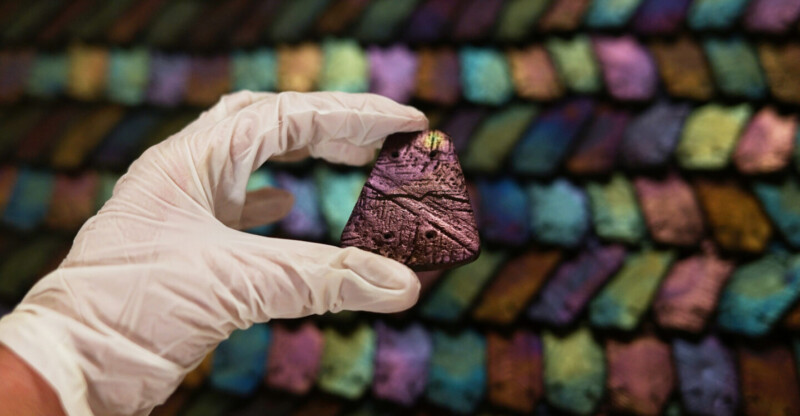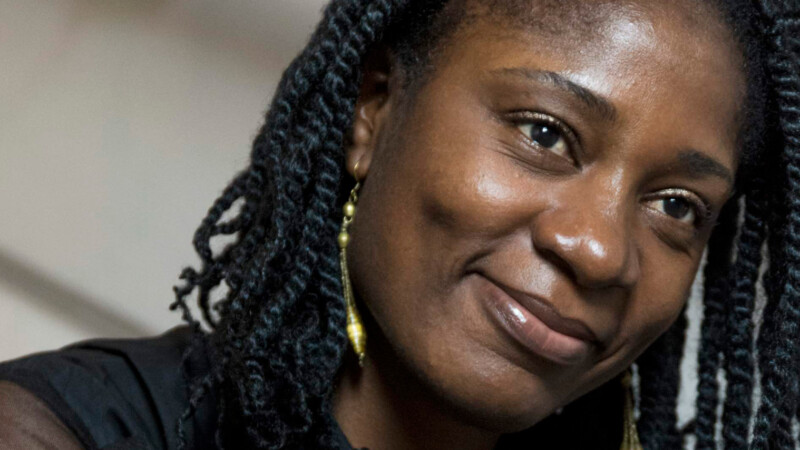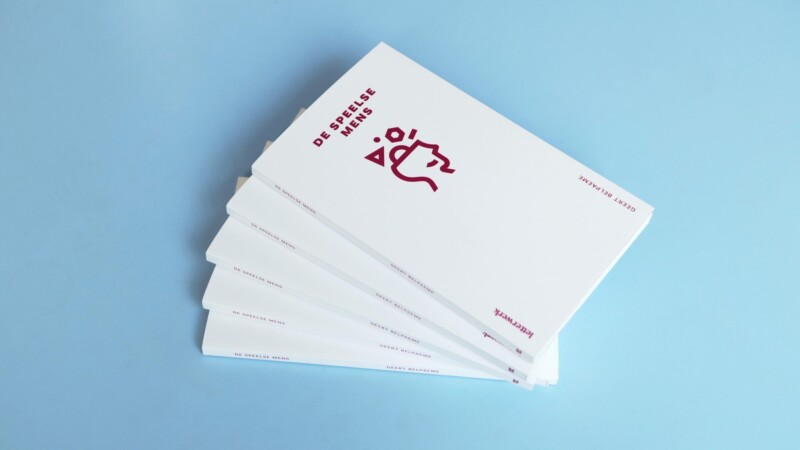 Lars Kwakkenbos
Lars Kwakkenbos ongoingOnderzoek
ongoingOnderzoekThe Reading of Pleasure
Playing, in order not to be played, Timeau De Keyser
Timeau De Keyser ongoingOnderzoek
ongoingOnderzoekPlaying, in order not to be played
Words worlding worlds, Sébastien Hendrickx
Sébastien Hendrickx ongoingOnderzoek
ongoingOnderzoekWords worlding worlds
Soft Connection Lab, Dirk van Gogh
Dirk van Gogh ongoingOnderzoek
ongoingOnderzoekSoft Connection Lab
Simple as ABC, Thomas Bellinck
Thomas Bellinck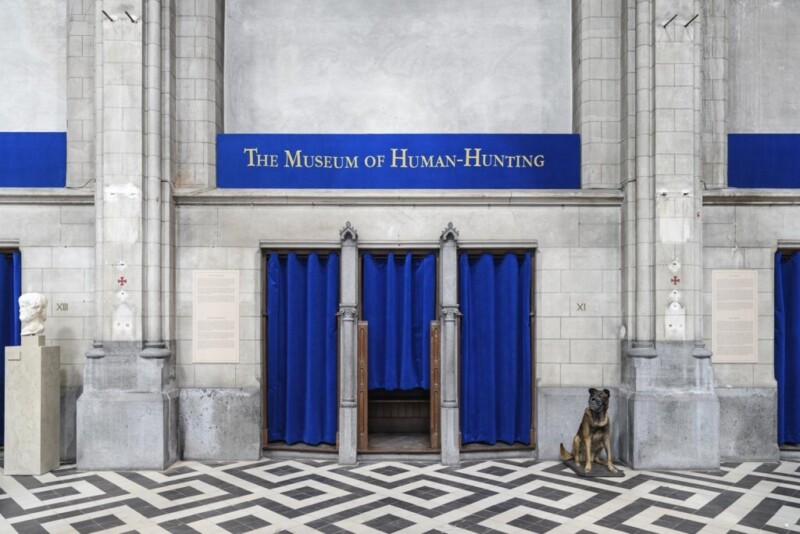 ongoingOnderzoek
ongoingOnderzoekSimple as ABC
On the way to my personal decolonization, Rosine Mbakam
Rosine Mbakam ongoingOnderzoek
ongoingOnderzoekOn the way to my personal decolonization
On Instructing Photography, Michiel De Cleene
Michiel De Cleene ongoingOnderzoek
ongoingOnderzoekOn Instructing Photography
Music is a language with(out) grammar, Liesa Van der Aa
Liesa Van der Aa ongoingOnderzoek
ongoingOnderzoekMusic is a language with(out) grammar
White-centricity challenged through co-creation, An van Dienderen
An van Dienderen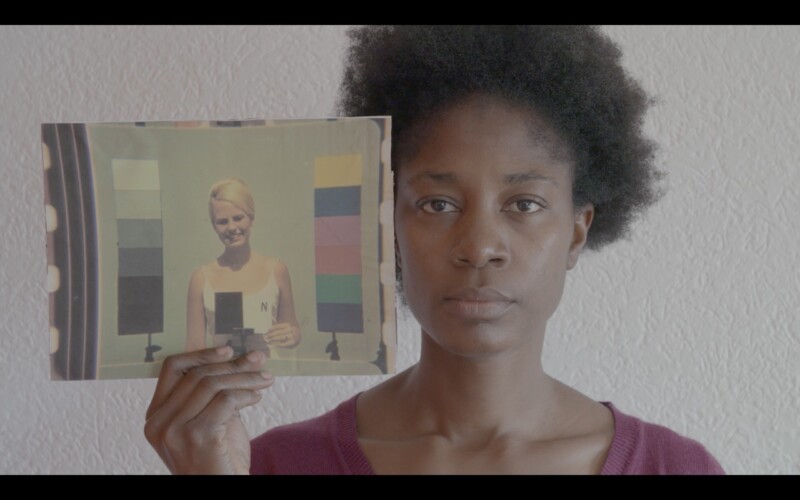 ongoingOnderzoek
ongoingOnderzoekWhite-centricity challenged through co-creation
In Search of the Female Touch?, Sofie VandammeongoingOnderzoekIn Search of the Female Touch?
Reflecting Light, Geert Belpaeme
Geert Belpaeme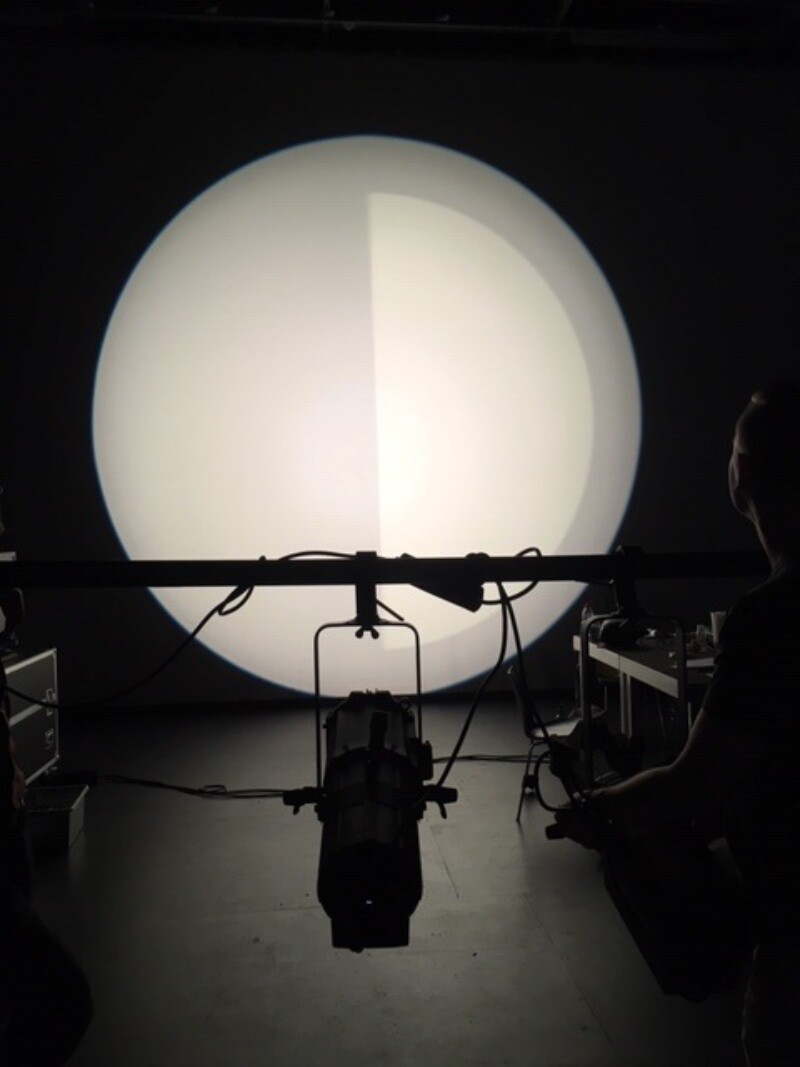 ongoingOnderzoek
ongoingOnderzoekReflecting Light
All projectsNegotiating Realities
Negotiating Realities stimulates transdisciplinary research marked by an attempt to relate to the complex realities that surround us: a plurality of coexisting and overlapping phenomena. This array of realities is a dynamic given that needs to be performed, designed and maintained by a panoply of agents, human and non-human alike. With uncertainty at its heart, Negotiating Realities re-imagines futures, presents and pasts beyond normative constructs and scrutinises the unequal distribution of the powers at play in objects, technologies, narratives, attitudes and documents.
The relations that, over the course of centuries, have developed between representation and reality, between the West and its constructed others, between document and documented, between human and ecology etc. are often seen as unambiguous. By contrast, this cluster embraces the fogginess, clumsiness and uncertainty that are also part of those relations. Breaking away from binary dichotomies based on authority, causality, and certainty, Negotiating Realities wants to explore the uncertain means available to us. We are constantly negotiating the overwhelming complexity that underpins our codified realities, especially now, in an age that is said to be defined by crisis and catastrophe: environmentally, as well as politically, societally, and ideologically. Aware of the uneasy comfort of speaking from a privileged and safe position, this cluster, nonetheless, wishes to explore what it means to live in an age of emergency. But also, to critically question the position from which we claim that we live in an age of emergency.
Uncertainty as methodology
Negotiating Realities employs uncertainty as a productive methodology that pushes artistic research into a state of doubt, questioning and experiment. It involves speculation about a current reality, requires the use of imagination to unearth the unrealized potential of a past that is deemed stable, and compels us to hypothesize the possibilities of tomorrow. An embrace of uncertainty is wilfully dysfunctional and a constant renegotiation of existing roles. Uncertainty, as a research attitude, questions our normative performances and harbours an emancipatory potential with regard to a society aimed at result, profit, exploitation and usefulness. It is only when uncertainty is manifest instead of cloaked with authoritative strategies, that its productivity and candour surface. In Negotiating Realities uncertainty is methodological and permeates practice and research, process and output; regardless of discipline or subject.
This cluster stimulates research which tackles urgent societal issues such as sustainability, decolonization, and our liability in the face of artificial intelligence. Negotiating Realities embraces strategies such as shared authorship, embodied knowledge, the polycentric, the essayistic, design through making, etc. This cluster welcomes researchers-practitioners, who explore a critical attitude towards their own positionality, blind spots, and power positions.
Speculative Documentary
Speculative Documentary critically questions the documentary gesture and cuts across the boundaries that traditionally pigeonhole the documentary into rigid genres. This research line stimulates rethinking the documentary attitude conceptually, formally and methodologically. It explores the possibilities of decentralised, deformatted and polycentric documentaries. Speculative Documentary is based on conjecture rather than knowledge. It is unfinished business that openly embraces perpetual uncertainty, contamination, contestation, befoggedness and messiness in negotiating multiple and mutable realities. Despite the socially committed attitude of many artists, contemporary documentaries continue to underpin a large-scale epistemological and ideological enterprise that is closely linked to such projects as global capitalism, colonialism and anthropocentrism. Speculative documentary critically challenges dominant, normative and exploitative formatting within documentary and encourages us to examine its inherent power-structures.
Playfulness and performativity
Realities are precarious, dynamic constructions that need to be performed to exist. In the past decades, theorists have offered sophisticated accounts of the practices by which realities, meanings, boundaries, and bodies are performatively produced. However, this research line invites research projects that explore performativity in its plurality of processes, rituals and expressions from a practice-based perspective. As a counterpoint to the notion of performativity, we add playfulness. The notion of playfulness should not be taken to indicate a privileged lightheartedness. As human beings we play in many ways. Playing is essential to our cognitive abilities. It (in)forms the way we know the world. At a certain moment in our life, we seem to stop playing, though, except in very specific, well-framed contexts such as sports or the arts. But from an ontological point of view, we never stop playing, in the sense that, at every moment of our social and cultural existence, we must negotiate the overwhelming complexity and uncertainty that our codified realities are based on. Playfulness, in this research line, stimulates a constant renegotiation of existing roles, as a destabilising yet positive engagement towards the structures of living. Playfulness involves an inherently collective practice, a deliberate wasting of time, an unconforming dispositive. With this emancipatory potential of playfulness, this research line explores a leap into the inherent changeability and uncertainty of reality.
Labour, laboratory, labyrinth
Present-day production chains and the things they produce have gained a layer of opacity that seems impossible to pierce due to their scale, intangibility and complexity. In a labyrinth of resources, materials, (invisible) labour and products (both foreseen and unforeseen) we have a tendency to situate ourselves safely and naively outside of and disconnected from this chain. Yet, we find ourselves increasingly among and within the things we produce and the effects they cause on the realities that surround us, to such an extent that we, our technologies and environment can no longer be disentangled. Through a methodology that focuses on duration (involved in labour and sustainability) and close scrutiny (akin to laboratory work), this research line is an attempt to intentionally implicate ourselves within the labyrinthine realities that we have surrounded ourselves with. Rather than finding a way out of the maze, this is a deliberate attempt to take up a place and responsibility within it.
Blind spot
This research line signifies a literal blind spot, as it primarily anticipates the input future researchers add to Negotiating Realities. We wish to leave room for unforeseen, challenging, cutting-edge, inventive, quirky ... perspectives that deal with the realities that surround us. We welcome research projects that cannot be linked to the research lines above, but add a promising new insight, method, practice to this cluster. Moreover, this research line can – but will not necessarily – link to the effective blind spots that each researcher and each research project contains, as we manoeuvre within and around institutional boundaries. How do we deal with our own inevitable unseen areas in relation to our positions of power? How do we remain aware of how we are incessantly mobilised as the agents of the very violence we aspire to denounce? It seems these gaps are inevitable because we are always incorporated in the realities we create. In this research line the issue is not how to cover up the gaps – rather, it is about acknowledging them and entering into a negotiation with them.





